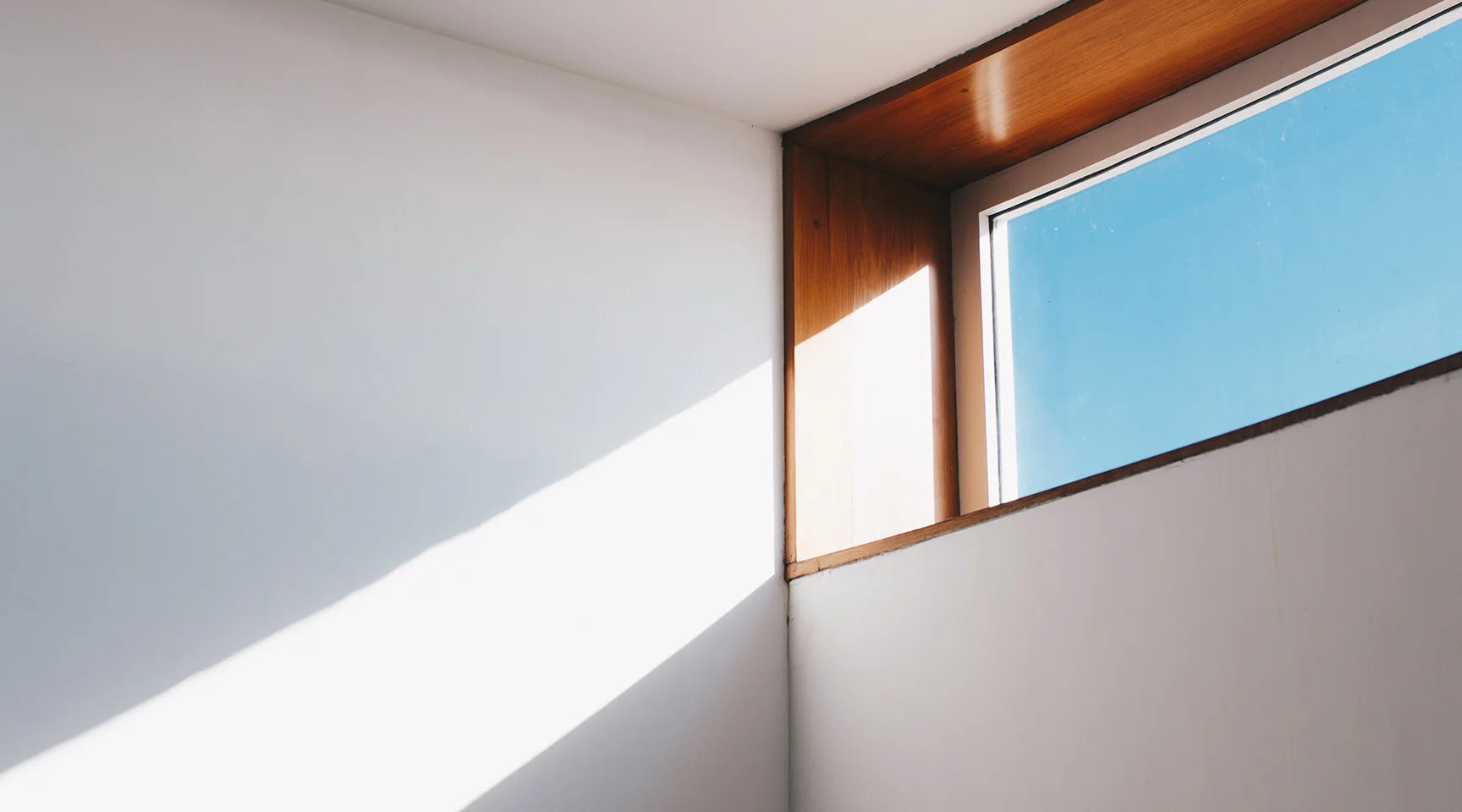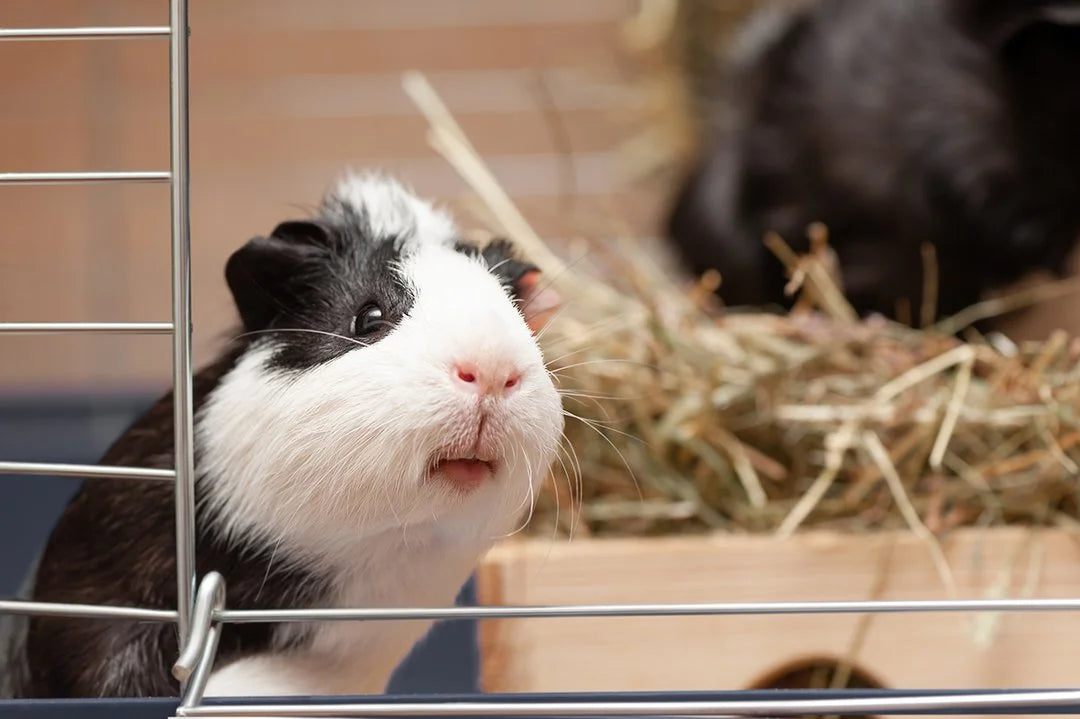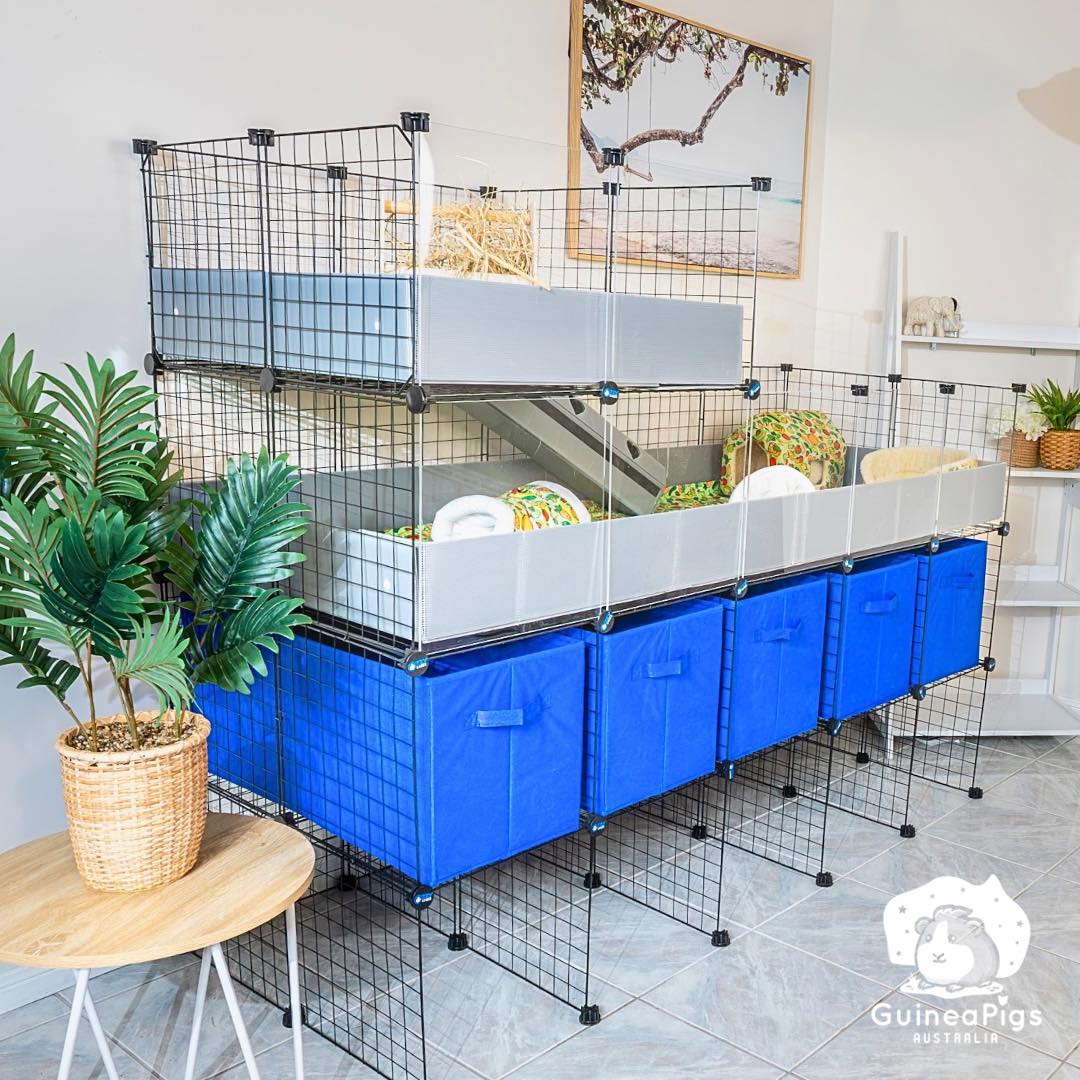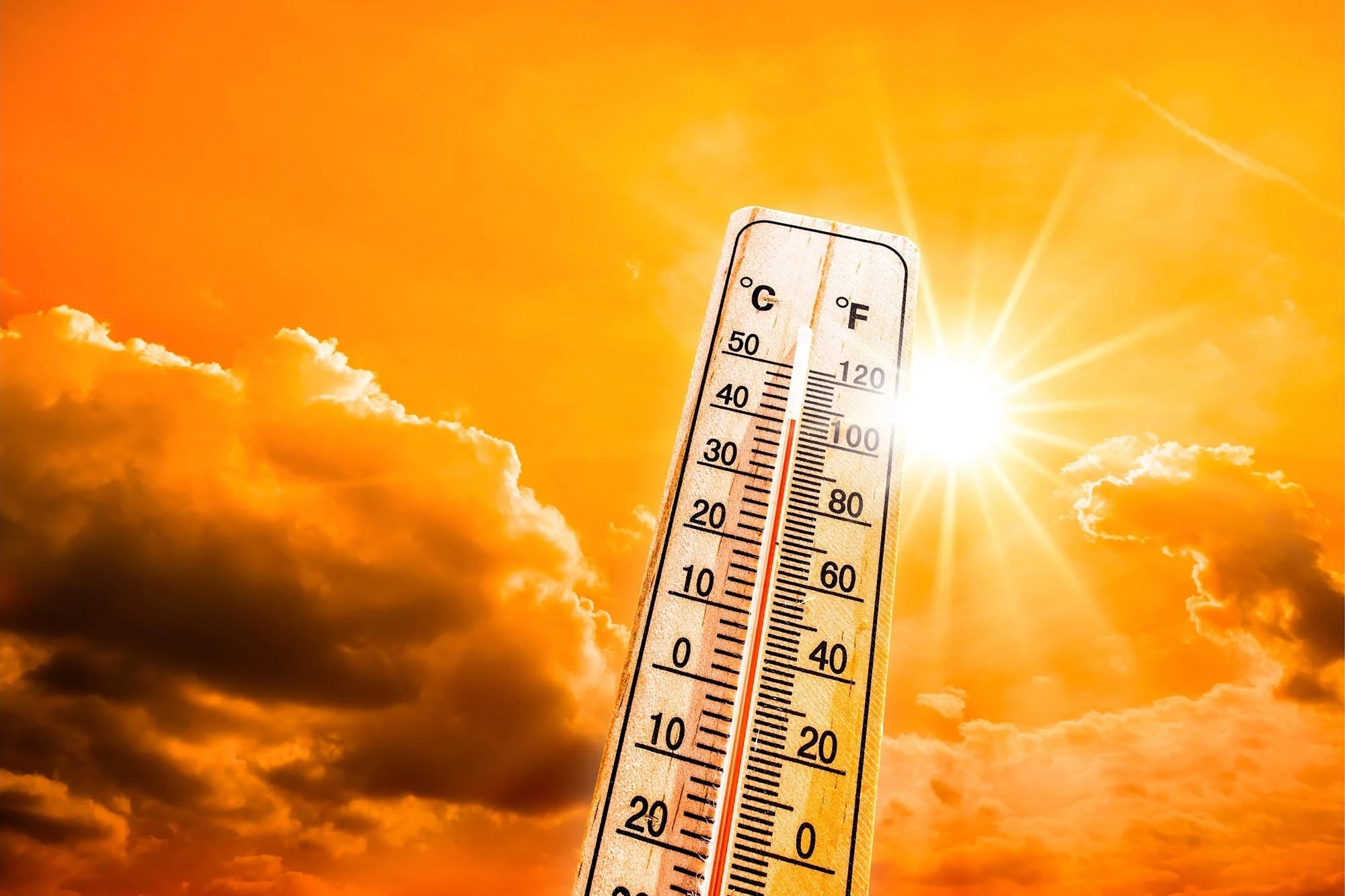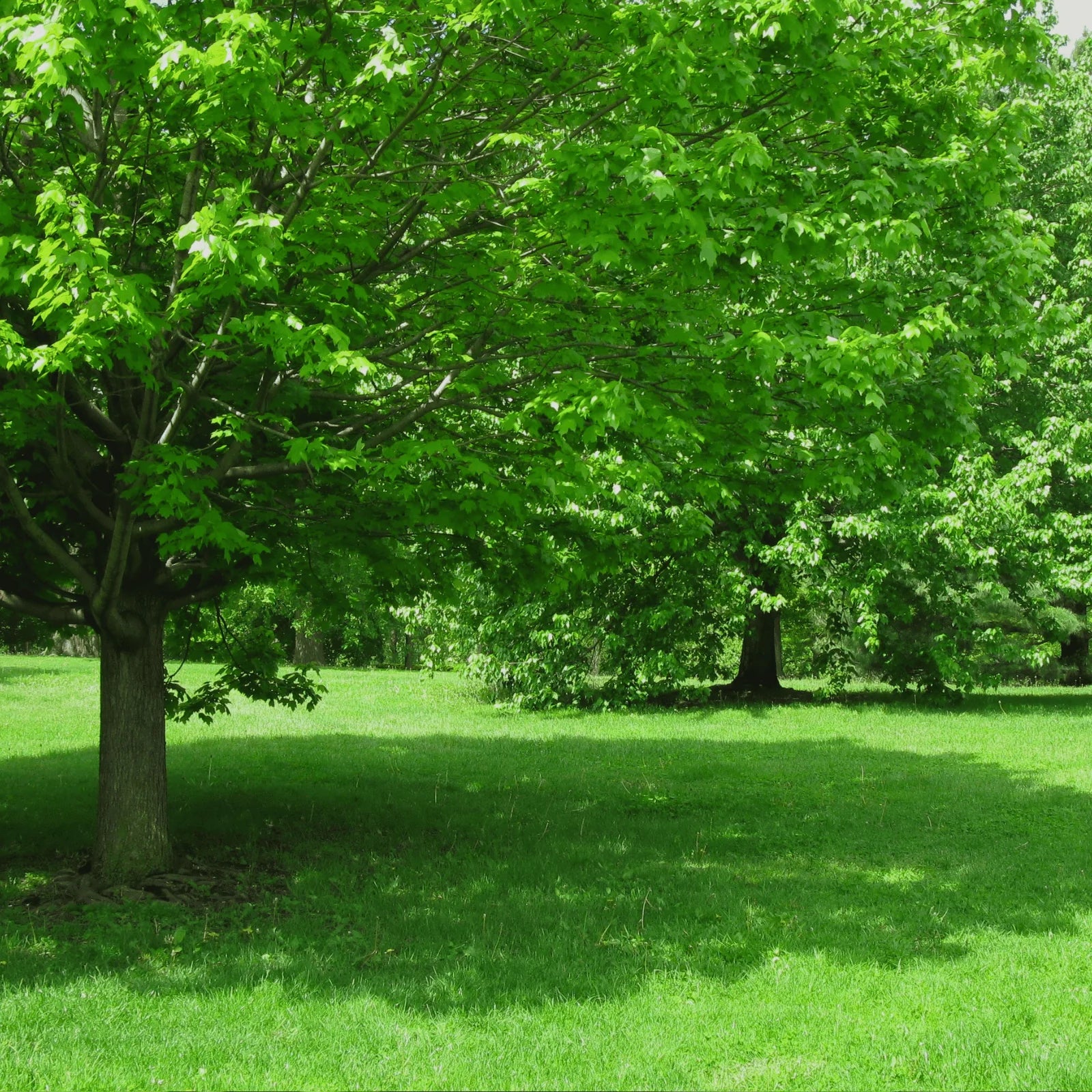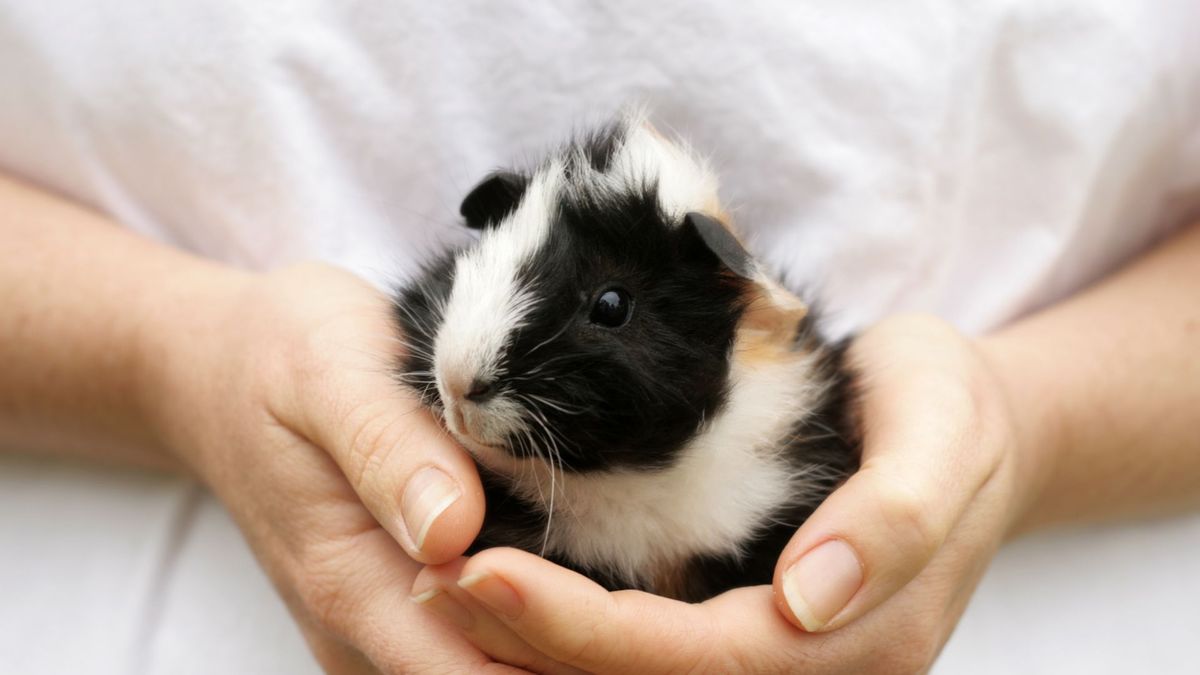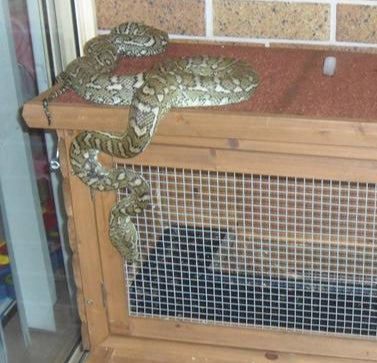Cage Location
INDOOR or OUTDOOR?
Cage location is of great importance to ensure your guinea pig's long terms health and happiness. While we understand it's not always possible to house your pets indoors, we highly recommend it if you are able, as there are a number of proven benefits for you and your critter!
🏠 Indoor Housing

There really are minimal disadvantages to indoor housing, as it generally provides a safe, temperature controlled and predator-free environment for your piggies to live. Not only do they tend to live longer lives by reducing access to these potentially life threatening risks, but it also increases the bond between humans and guinea pigs as they spend more time with and around the family.
Factors to Consider for Indoor Housing
-
🌡️ Temperature
If it’s too hot or cold for you, it’s too hot or cold for your piggy!
Guinea pigs are sensitive to extreme temperatures and do best in a stable environment between 18°C and 24°C (65°F–75°F).Cold weather can lead to respiratory issues or hypothermia, while excessive heat can cause heatstroke. For this reason, indoor housing is recommended, where temperature can be more easily monitored and controlled with fans or heaters. Keeping their environment comfortable is key to keeping your piggies healthy and happy!
-
🥵 Humidity
-
☀️ Light
-
😍 Interaction
-
💨 Air Flow
Other Location Options
Garages
A garage can work as a cage location — but only if it’s a finished, enclosed part of your home that offers natural light and good airflow. Never house guinea pigs in a space where cars are parked, as exhaust fumes are highly toxic even in small amounts. Also make sure the area is free from chemicals, fuel, or flammable items.
🚫 Note: Open carports or garages without proper walls aren’t safe — they don’t protect against wind, pests, or predators.
Patios or Sun Rooms
In Australia, sheltered outdoor areas like patios or sheds are a popular choice for housing guinea pigs. They offer protection from the elements while giving you space to store hay, accessories, and supplies nearby.
Many owners also like the flexibility to create larger cage setups than they'd be able to indoors — a great option if indoor housing isn’t possible but you still want your piggies safe and well cared for.
OTHER TIPS
• Keep it off the ground: Floor vibrations from vacuuming, footsteps, or general movement can make guinea pigs feel anxious. A raised stand can help — check out our Stands section for great options!
• Adult supervision is key: Guinea pigs need gentle handling and daily care. Make sure the cage is somewhere an adult can keep an eye on interactions and overall wellbeing.
🌳 Outdoor Housing
We always recommend keeping your guinea pigs indoors where possible, but we understand that it’s not an option for everyone. If outdoor housing is your only choice, be sure to check out our guide for all the important things to consider to keep your piggies safe, healthy, and happy.
Factors to Consider for Outdoor Housing
-
🏠 Shelter
🌦 Weather Protection
Guinea pigs don’t cope well with extreme heat or cold. Their enclosure should be insulated for warmth, have shade for hot days, and be fully waterproof. Raising it off the ground helps keep things dry, and there should always be covered areas where your piggies can hide if the weather turns bad.🛡 Predator Proofing
Make sure the enclosure is safe from predators like dogs, cats, snakes, or birds. Use strong materials like wire mesh with gaps smaller than 1cm, and ensure it’s sturdy or weighed down so it can’t be lifted or tipped over.⚠️ No wire floors! These can injure your guinea pigs’ feet and cause painful conditions like bumblefoot.
🌬 Ventilation Matters
While insulation is important, your enclosure still needs good airflow. Don’t seal it off completely — fresh air helps prevent moisture build-up and keeps the environment healthy.🏃♀️ Space to Move
Your guinea pigs need room to run, eat, sleep, and play. Make sure there’s enough space for them to be active and comfortable. -
🌡️ Temperature Considerations
-
📍 Location of the Enclosure
-
🛏️ Bedding and Cleaning
-
🤒 Health Monitoring
-
🔒 Security and Safety


Can My Piggies Be Free Range?
As tempting as it is to let your guinea pigs roam freely in the garden, it comes with a lot of risks.
Curious piggies can easily slip through small gaps in fences or hide somewhere tricky to find or access. Plus, there are real dangers from predators like cats, dogs, snakes, and birds of prey — not to mention the risk of nibbling on toxic plants or getting hurt on sharp objects.
Weather is another concern — too much heat or cold without the right shelter can be dangerous.
For their safety, it’s best to give your guinea pigs a secure, enclosed space if they’re going to spend time outdoors. That way, they can explore safely while you enjoy peace of mind!
Recommended Indoor Housing
Shop our huge range of Ozzy C&C Cages - the best option for piggies everywhere!
2 x 3 Black Ozzy Cage for Guinea Pigs
$99.95
Unit price per
2 x 3 Black Ozzy Cage with Wheels
$157.95
Unit price per2 x 3 Black Ozzy Cage with Lid
$129.90
Unit price per2 x 3 Black Ozzy Cage with Narrow Loft
$189.90
Unit price per





